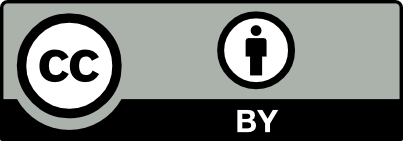TREATMENT FOR DECHLORINATION IN SITU OF POLYCHLORINATED BIPHENYLS (PCBs), FOR CONTROL OF HEALT RISKS FROM THE WORKERS AND THE ENVIRONMENT IN THE MINING SECTOR OF THE PASCO DEPARTMENT
Abstract
The study describes the management and application of the treatment by dechlorination of polychlorinated biphenyls, or better known by its abbreviations (PCBs), detected in the dielectric oils of the old voltage transformers of the place of study. The management begins with the identification and sampling of the sources, considering forty-two transformers for the project, then the discard test was carried out, using the Clor-N-Oil 50 colorimetric kits, to detect PCBs, resulting in thirteen teams as positive, these devices were re-sampled and the samples sent for analysis by gas chromatography in an accredited laboratory, to obtain exact results of PCBs, resulting in nine transformers with PCBs greater than 50 ppm, which was applied the treatment by dechlorination, by means of a reactor of 1500 liters, where the "chemical reaction of Wurtz" is generated, between the dielectric oil and the metallic sodium, generating reactions of elimination and substitution of the chlorine halogen present in the oil and becoming sodium chloride, which is completely inert and has no harmful properties for the health of people and the environment ambient.
Downloads
Copyright (c) 2019 Sociedad Química del Perú

This work is licensed under a Creative Commons Attribution 4.0 International License.
Revista Arbitrada
Derechos reservados: Prohibido el uso total o parcial del material de esta revista sin indicar la fuente de origen.
Nota: Las referencias comerciales que aparecen en los trabajos no constituyen una recomendación de la
Sociedad Química del Perú










